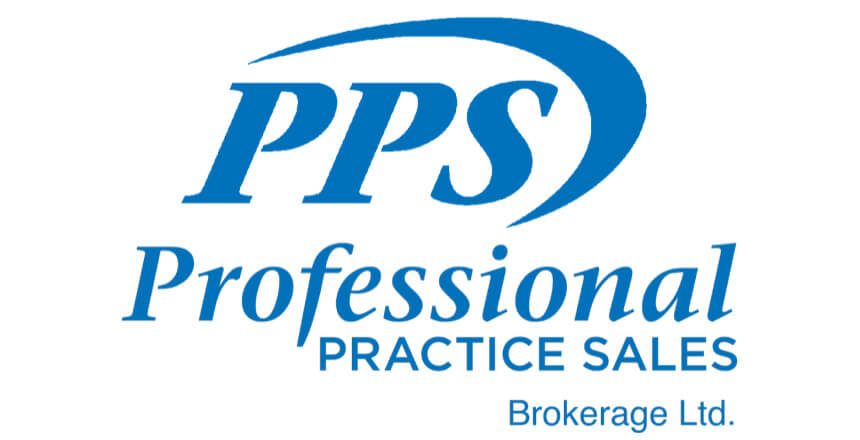
Over the past several years, there has been a significant trend where buyers proactively make unsolicited offers to purchase dental practices. In most cases, these buyers are targeting larger practices and/or may include an owner who is willing to continue working. In almost every practice we sell, the dentist tells us about numerous purchasers who have expressed interest in purchasing his/her practice.
These buyers may include corporations (or dental service organizations), investor dentists, or individual buyers looking in the area. All of these buyers have different criteria of practice size, deal structures (partnership or outright sale), associateship offers, etc.
This trend has been fueled by a relative shortage of practices actively for sale, versus the high number of buyers. Further, if the buyer can put together a compelling offer and structure, there is never any competitive bidding, and the sale moves ahead. The other major reason for this trend is the overall demand and strong performance of the dental industry over time. Dental practice values have continued to rise, and with the oversupply of dentists, demand should remain very high well into the future. Therefore, dental practice ownership is highly coveted, provides above average returns for its owners, and has historically withstood economic, financial, and worldwide health crises (the market has even weathered the Covid pandemic).
The concept of an unsolicited offer has been around for a long time. An example is in the housing market. In high demand neighborhoods, purchasers will knock on your door, and make you an offer. In most cases, this process is unsuccessful, as the seller may not be interested in selling, or the offer isn’t appealing. In the case of residential real estate, most homeowners have a good idea about the value of their home, and what it would take to get them to sell. Despite low success rate, it is worth it for the buyers as it may expand the sales market, and there may be the opportunity where the offer meets the needs of the seller.
This process is different from solicited offers, where a property or business is listed as being for sale, and is typically exposed to the entire marketplace, or sometimes involved in a more discreet type of private sale process. In these cases, there is preparation or staging, valuation and marketing to bring in multiple buyers, creating competition amongst bidders, for price, structure and fit.
The difference between the 2 types of sales is that in an unsolicited sale, the owner did not initiate the decision to sell. What should you do if you get an unsolicited offer, and it interests you?
- Don’t Rush. This is an exciting event. Someone who you didn’t know has specifically targeted your practice to buy, and you are curious to see the offer. Buyers may want a quick decision, and may include a time limit, and exclusivity. Since you didn’t start this process, you should be given the courtesy to consider it, review the market and your options. With the current market, if your practice is good today, it will have continued demand in the future when you are ready. If the fit seems good, a buyer will grant you the time to get prepared. Further, don’t feel bad if you want to negotiate or just say that you aren’t interested now.
- Review your personal situation. Are you ready to sell, under what conditions, and is your practice ready to sell? This review includes having a financial plan, working plan, and maybe your practice has untapped potential or serious flaws that are reducing its potential value. Remember, when you own, you keep the investment or passive income which is typically 3-7 times higher than your return versus if you sold and invested the cash.
- Become informed about the market. You should seek independent representation to discuss the market and get a valuation of your practice. This analysis includes a market review, and practice review identifying any opportunities or flaws in your practice. More importantly, you should write your own story about how this process, and what structure will work for you. Do you want to keep working, slow down, have a partner, or maybe just walk away?
- Get to know the potential purchaser. What does the buyer see in you and your practice? Is this a good fit for your patients both clinically and philosophically? What does the buyer expect of you in the future?
- Create competition. Because it was the buyer who initiated your interest in selling a practice, you may feel a moral obligation to only work with that buyer. Even if the buyer has a seemingly perfect offer, or perfect structure, you will want to ensure that you have made the right decision for you, at the right price, given your future obligations and, with the right fit for your patients and staff. This is only accomplished by reviewing what the entire market can offer. Even if the buyer seems perfect, by creating competition, you assure yourself that you are getting true market value.
In the dental industry many practices have been sold under this process, and generally the feedback from seller seems to be quite good. Despite this feedback, no one really knows what the actual value of the practice was, as there was no true market competition. The most important takeaway is about personal and practice preparation. We want you to be the driver of your process, and to do things on your timeline. Start planning now, develop a financial plan, prepare your practice, and when the time is right, connect with the right buyer that you choose!

